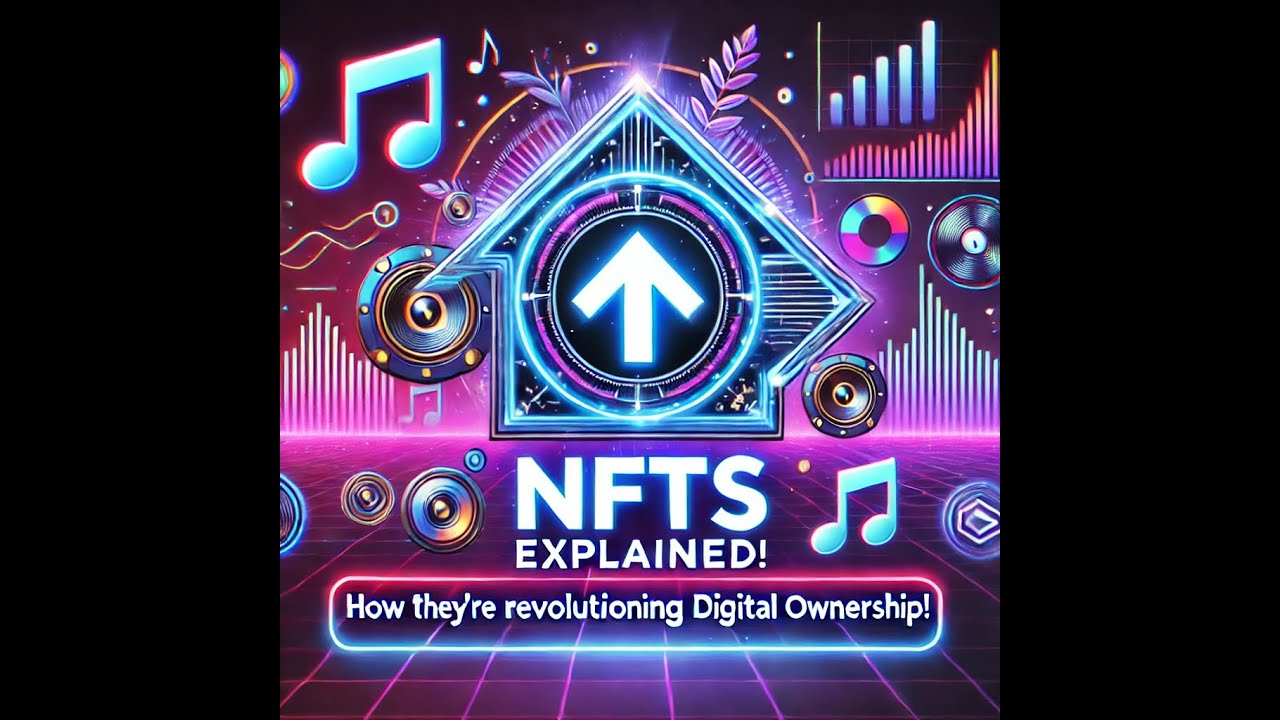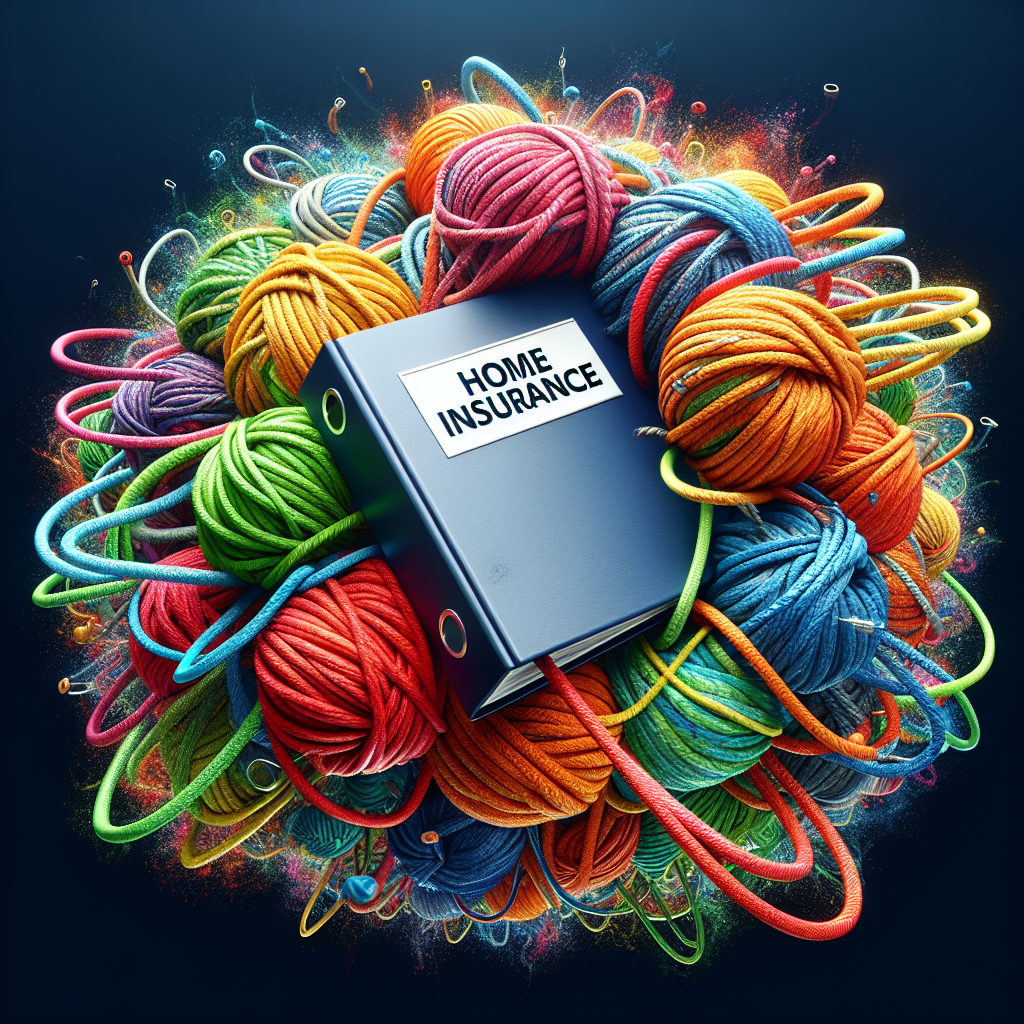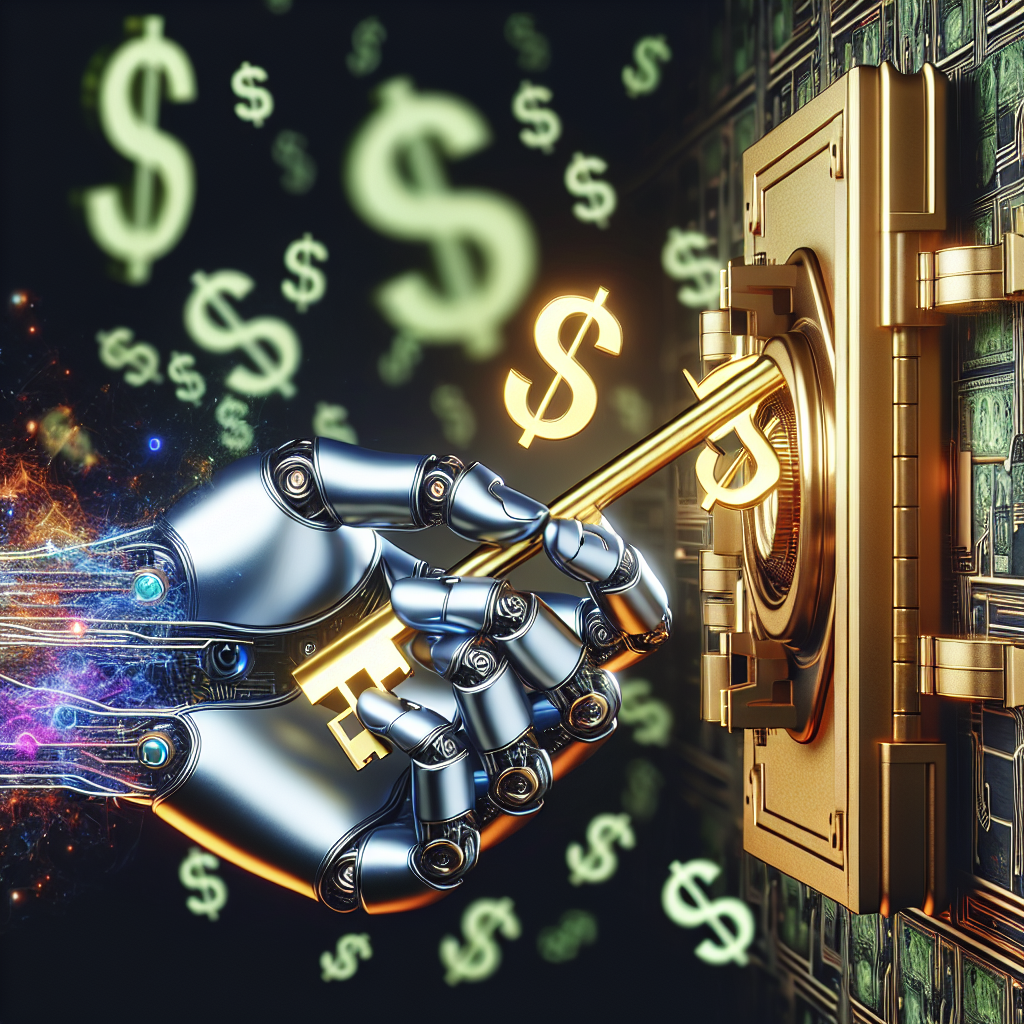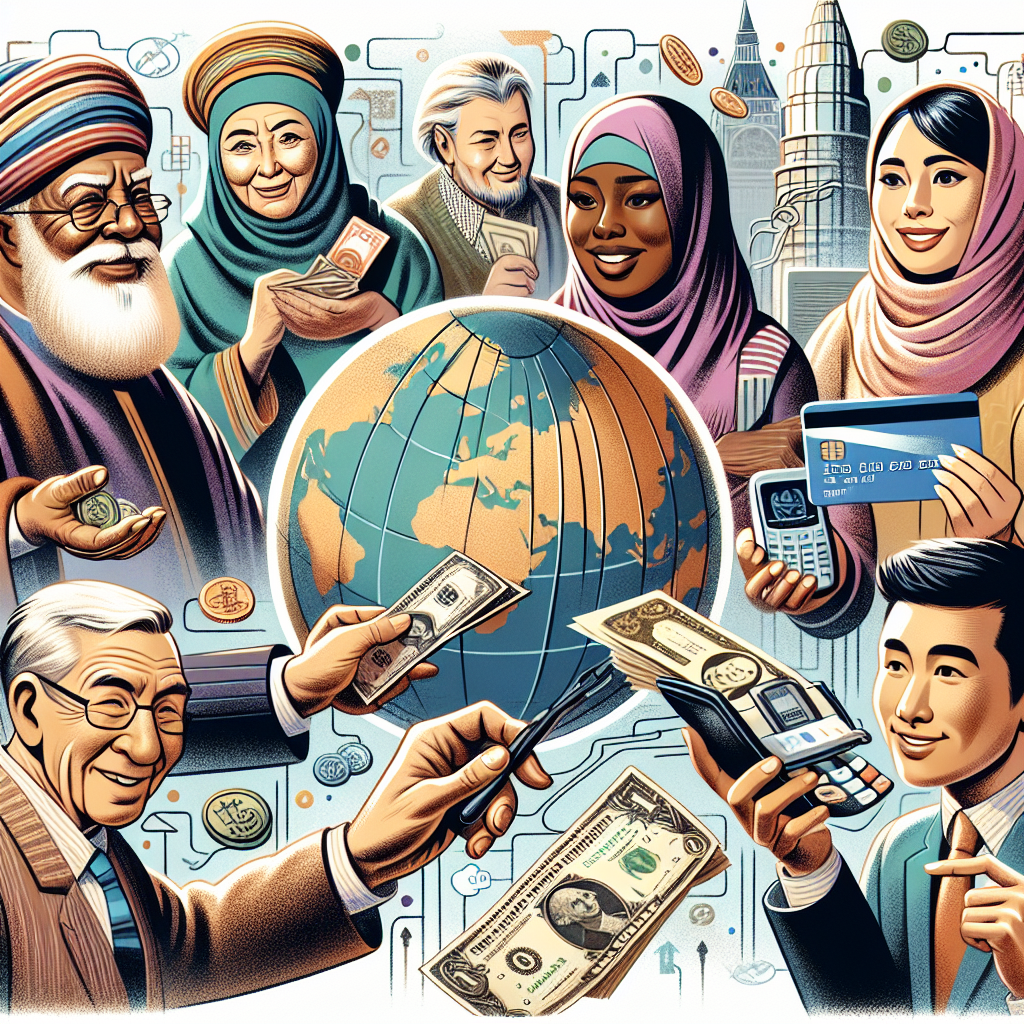In the world of digital stuff, like art, music, and games, there is something new called NFTs, or Non-Fungible Tokens. NFTs are special kinds of digital certificates that prove someone owns a unique item on the internet. Unlike regular money or tokens that can be swapped for each other, NFTs are one-of-a-kind, just like a rare baseball card or a famous painting.
The main idea behind NFTs is to give people real ownership of digital things. Before NFTs, it was hard to say who owned what online because anyone could just copy and share files. But with NFTs, when you buy a digital artwork, you get a certificate that shows you are the true owner. This is done using a technology called blockchain, which keeps records safe and secure.
NFTs are changing how we think about owning things. Artists and creators can now sell their work directly to fans without needing a middleman, like a gallery or a record label. This means they get to keep more of the money. Also, buyers can feel good knowing that they have something truly special.
In summary, NFTs are making it possible for people to really own digital items, just like we own physical things. As technology keeps getting better, we might see even more exciting uses for NFTs in the future.
Glossary:
NFT (Non-Fungible Token) – A unique digital certificate that proves ownership of a specific item online.
Blockchain – A secure technology that keeps track of ownership and transactions.
Digital ownership – Having real rights to something that exists in digital form.
The Role of NFTs in Revolutionizing Digital Ownership
In recent years, Non-Fungible Tokens, commonly known as NFTs, have emerged as a groundbreaking technology that is revolutionizing the concept of digital ownership. NFTs allow individuals to own unique digital assets, which can include art, music, videos, and even virtual real estate. This article aims to explore the importance of NFTs, the challenges they face, and the potential solutions to these challenges.
What are NFTs?
NFTs are a type of digital certificate that represent ownership of a specific item on the blockchain. Unlike cryptocurrencies, such as Bitcoin or Ethereum, which are fungible (interchangeable with others of the same kind), NFTs are unique. This uniqueness allows them to serve as proof of ownership for digital goods.
Key Features of NFTs
- Indivisibility: NFTs cannot be divided into smaller units. You own the entire asset or none of it.
- Immutability: Once a transaction is recorded on the blockchain, it cannot be altered or deleted.
- Interoperability: NFTs can be used across various platforms and marketplaces.
- Scarcity: NFTs can be created in limited quantities, increasing their value due to rarity.
How NFTs are Changing Digital Ownership
NFTs are providing creators with a new way to monetize their work while giving buyers a sense of ownership over digital assets. For instance, digital artists can sell their artwork as NFTs, allowing them to earn royalties every time their piece is resold. As the renowned artist Beeple stated:
“The art world is evolving, and NFTs are the perfect way to showcase digital art.”
Challenges Facing NFTs
Despite their advantages, NFTs also face several challenges:
- Environmental Impact: The process of minting NFTs can consume significant amounts of energy, leading to concerns about the environment.
- Market Volatility: The NFT market can be highly speculative, causing prices to fluctuate dramatically.
- Ownership Rights: There is often confusion regarding what ownership of an NFT entails. Buying an NFT does not always mean you own the original copyright.
Possible Solutions to Address NFT Challenges
To overcome these challenges, the following solutions can be considered:
- Eco-friendly Blockchain Technologies: Transitioning to less energy-intensive blockchain platforms can help reduce the environmental impact of NFTs.
- Clear Legal Frameworks: Establishing clearer guidelines regarding ownership rights of digital assets can help buyers understand what they are purchasing.
- Market Regulation: Introducing regulatory measures can stabilize the NFT market and protect buyers from scams.
Future of NFTs
The future of NFTs looks promising as technology evolves. They could become a cornerstone in various sectors beyond digital art, including gaming, music, and intellectual property. As technology expert Kevin Rose said:
“NFTs will change the way we think about ownership and authenticity.”
In summary, NFTs are redefining what it means to own digital assets. While challenges exist, ongoing innovations and solutions aim to enhance the NFT ecosystem, providing endless possibilities for artists, collectors, and investors alike.
What are NFTs?
NFTs, or Non-Fungible Tokens, are unique digital assets that represent ownership of a specific item or piece of content, such as art, music, videos, and more. Unlike cryptocurrencies like Bitcoin, NFTs are not interchangeable and each one has distinct characteristics.
How do NFTs revolutionize digital ownership?
NFTs provide a way for creators to establish verifiable ownership of their work in the digital space. This technology ensures that even when digital files are copied, the original version remains unique and can be tracked, giving value to digital ownership that was previously hard to ascertain.
What are the benefits of owning an NFT?
Owning an NFT can grant collectors various benefits, such as the ability to access exclusive content, participate in events, or gain a percentage of future resale value. Additionally, NFTs can serve as a status symbol within certain communities.
Are NFTs environmentally friendly?
The environmental impact of NFTs primarily comes from the blockchain technology that underpins them, particularly those that use proof-of-work systems. However, many blockchains are exploring or have implemented more eco-friendly solutions, such as proof-of-stake, to mitigate this concern.
“NFTs Explained: How They’re Revolutionizing Digital Ownership! ��”
Can NFTs be used for anything other than digital art?
Yes, NFTs can represent ownership of a variety of digital assets beyond art, including music, virtual real estate, collectibles, and even domain names. Their versatility makes them applicable across many industries and use cases.
What challenges do NFTs face?
The NFT space is still relatively new and faces challenges such as market volatility, legal concerns regarding intellectual property, and potential scams. Building consumer trust and establishing clear regulations will be crucial for the future of NFTs.
How can I purchase an NFT?
To purchase an NFT, you typically need to create a digital wallet that supports cryptocurrencies and then buy the currency required for the NFT market you are interested in, such as Ethereum for platforms like OpenSea or Rarible. Once you have the necessary funds, you can browse, bid, or buy NFTs directly.
Is it possible to create my own NFT?
Yes, anyone can create their own NFT. Various platforms provide user-friendly tools to mint new tokens by uploading your digital content and setting the parameters for its sale. However, it’s important to ensure there are no copyright issues with the content you want to tokenize.
What role do smart contracts play in NFTs?
Smart contracts are self-executing contracts with the terms of the agreement directly written into code on the blockchain. They facilitate the transaction process for NFTs, defining ownership, royalty payments, and ensuring that the transfer of ownership occurs automatically when the terms are met.
Will NFTs replace traditional forms of ownership?
While NFTs present a revolutionary concept for ownership in the digital realm, they are not likely to completely replace traditional ownership models. Instead, they offer a new layer of ownership for digital assets that can coexist with existing forms, particularly in a world increasingly oriented toward digital interaction.



